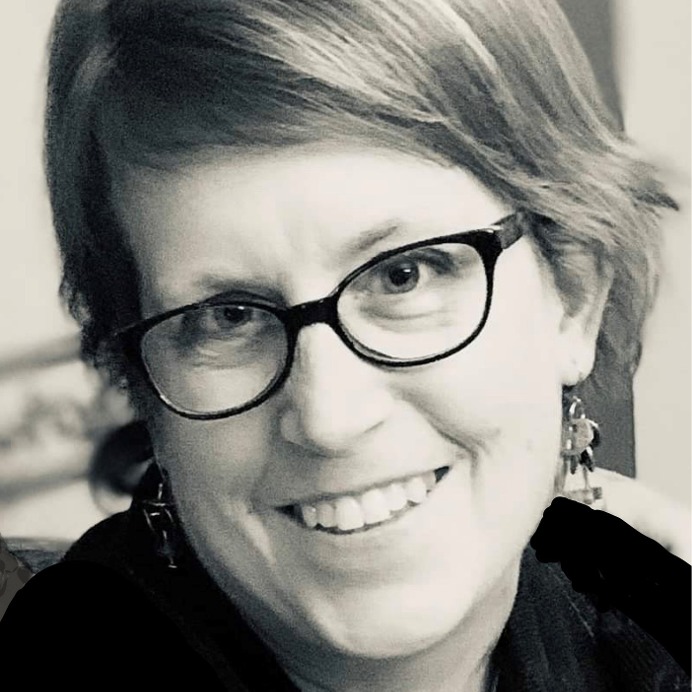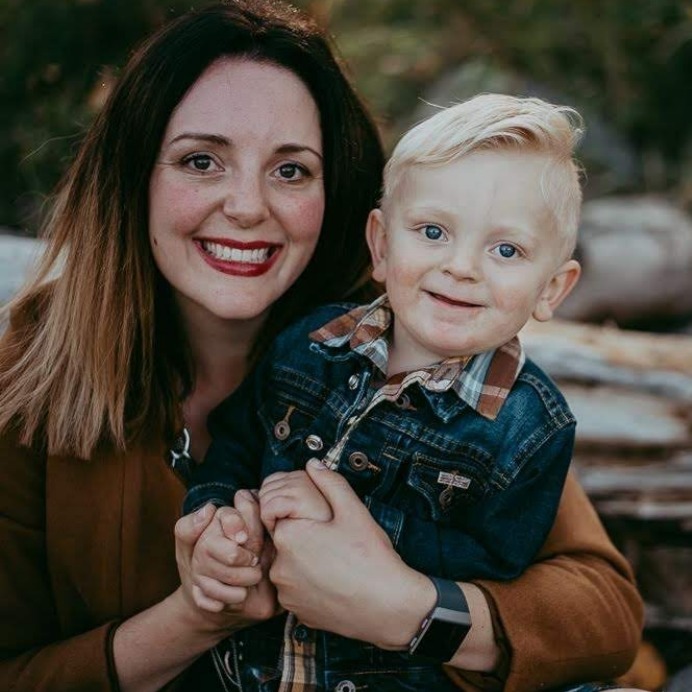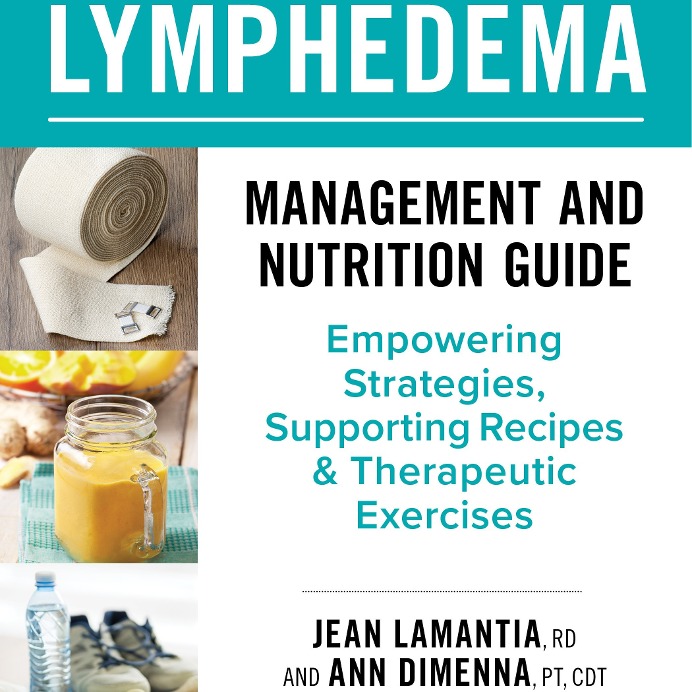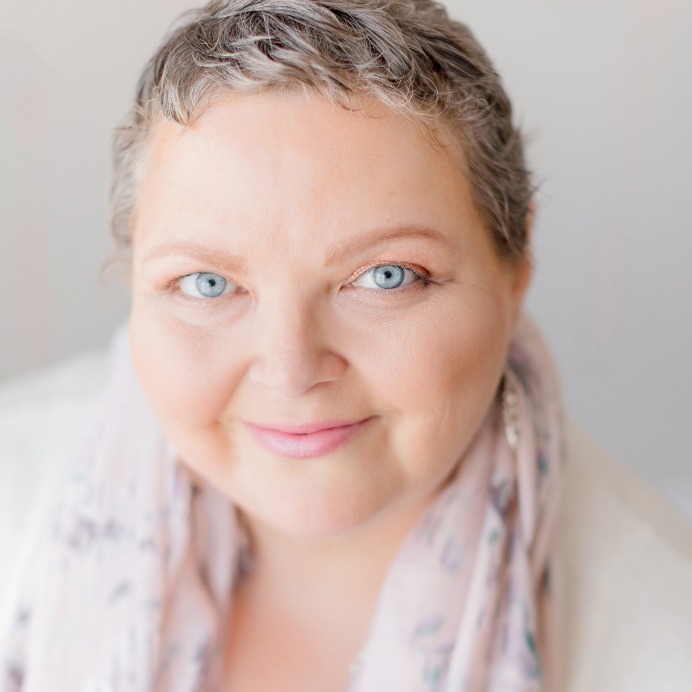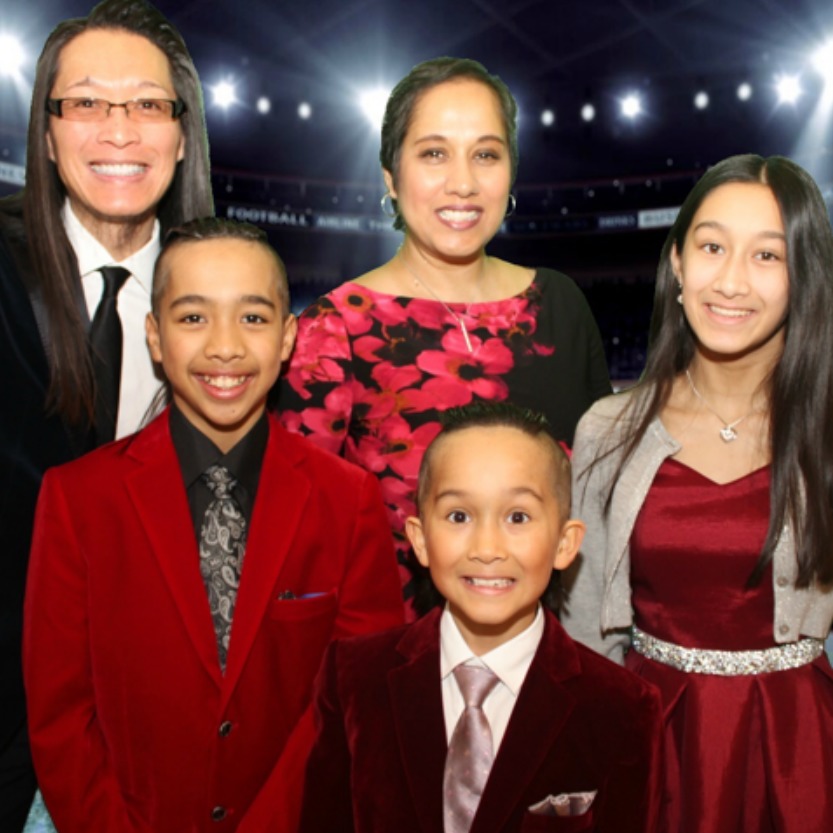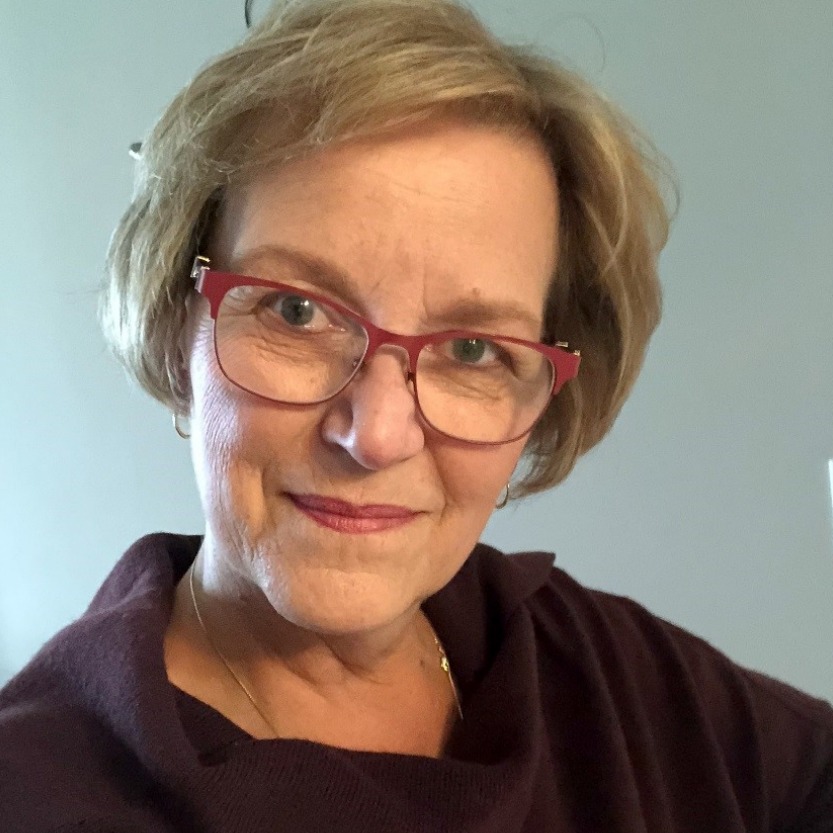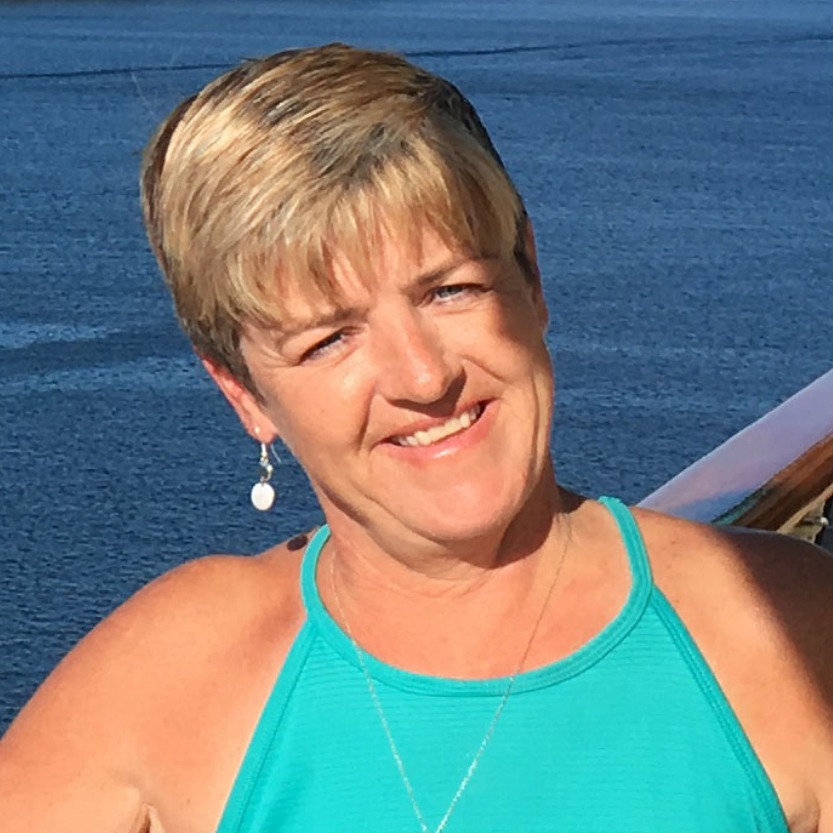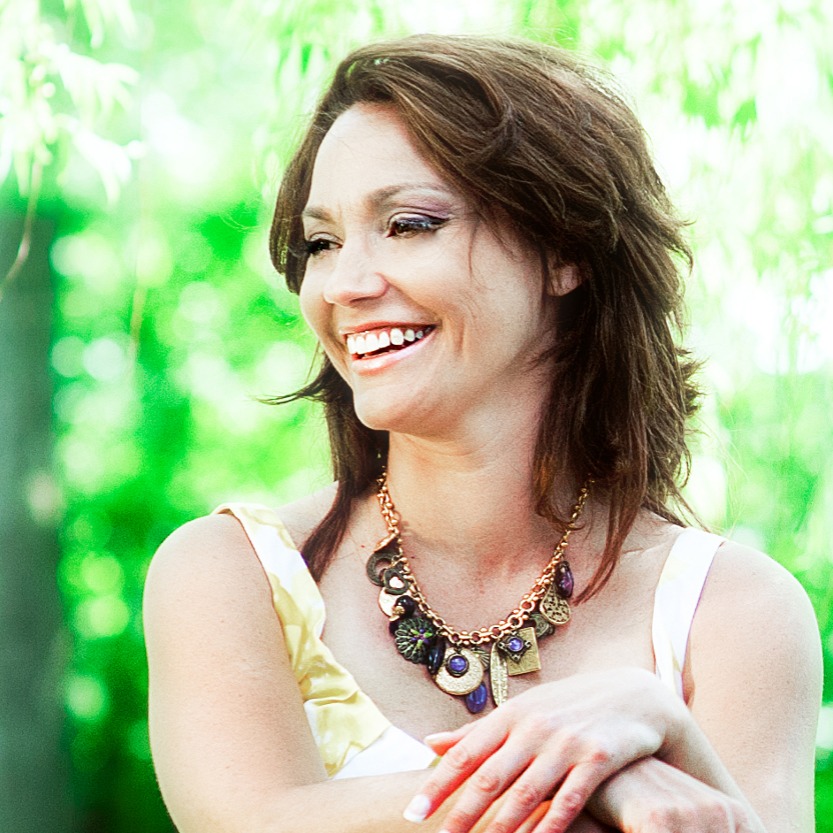By continuing to use our site, you consent to the processing of cookies, user data (location information, type and version of the OS, the type and version of the browser, the type of device and the resolution of its screen, the source of where the user came from, from which site or for what advertisement, language OS and Browser, which pages are opened and to which buttons the user presses, ip-address) for the purpose of site functioning, retargeting and statistical surveys and reviews. If you do not want your data to be processed, please leave the site.
The Voice of People With Breast Cancer
Education
Our Voices Blog
Category : Stories
Retaining control of your medical record, remaining hopeful and persevering
I am a 43-year-old mother of two amazing children, I have been in love with my wonderful Martin for 20 years now and I am a research professional in the health sector. Until August 2018, I was considered a breast cancer survivor. My cancer had been treated in the best way possible. My son was not yet one year old at the time (in 2012). I went through chemotherapy, radiotherapy, hormone therapy, a mastectomy and, finally, a breast reconstruction.
Reducing the Risk of Hereditary Breast and Ovarian Cancer: One Woman’s Story
In October 2013, Allegra Kawa of Edmonton had surgery to remove both her breasts. She’s also considering surgery to remove her ovaries and uterus.
My honest thoughts about book The Complete Lymphedema Management and Nutrition Guide
I remember the shock I experienced when I learned about lymphedema, a chronic condition with no cure that I would be dealing with the rest of my life. I was at a high risk for it as I had stage III Inflammatory Breast Cancer and I had all lymph nodes removed from my left arm pit. Twenty-five rounds of radiation to my chest and upper back also put me at a greater risk.
The High Cost of Cancer
Living in a remote community like Labrador City, NL comes with its own challenges. We have one grocery store with very high prices, gas is $1.34/L, and we lack normal everyday amenities such as movie theatres and night clubs. Traveling out of Labrador means a very expensive plane ticket or driving 7-14 hours (depending on which direction you choose) on a partially paved highway that has often been called a cow path in some sections. The most critical challenge, however, is access to adequate healthcare. I experienced this firsthand when I was diagnosed with cancer.
A Palpable Mass
So, we could begin like all meeting group sessions do:
— Hi, hello. My name is Rebecca, I'm 37 and I have breast cancer.
— Hello Rebecca.
We could. Yeah.
Lived experience sets research priorities for breast reconstruction
According to breast cancer survivor Cathy Hemeon of Mount Pearl, Newfoundland, “Breast cancer patients offer up the best lived experiences and advice in terms of what the priorities should be for research.” Cathy, a CBCN board member, was therefore very pleased to participate in a national meeting that brought together Canadian patients, caregivers, and clinicians to set the top 10 priorities for research on post-mastectomy breast reconstruction.
The importance of having access to financial resources
We asked Tricia, a member of our patient advisory committee, to share her thoughts on our newest digital tool, the FinancialNavigator, designed to help connect patients with financial resources in their community. Here’s what she had to say.
Looking on the bright side
In June 2015, I moved to London, Ontario and was recovering from a rather emotional and difficult time, having divorced in June 2014. I had moved from Sault Ste. Marie to be closer to my daughter with her husband and very young children. I would be seeing the rest of my family less often now – my parents, my two sisters, my daughter and her husband, and another granddaughter. and two step grandchildren.
Living flat is freedom
My name is Alison Thompson and I was diagnosed with breast cancer five years ago. To give you some background, my mother was diagnosed with breast cancer about 15 years ago. Her cancer was an aggressive form. It spread to her spine and brain, and she passed away about three years after the initial diagnosis.
Finding Harmony after Breast Reconstruction
I was forty years old, running a successful business, comfortable in my finances, and feeling ready to settle down and start a family. Suddenly, a breast cancer diagnosis upended my sense of contentment and sent me on a journey of chemotherapy, immunotherapy, hormone therapy, a preventative double mastectomy, and, ultimately, reconstructive surgery.

